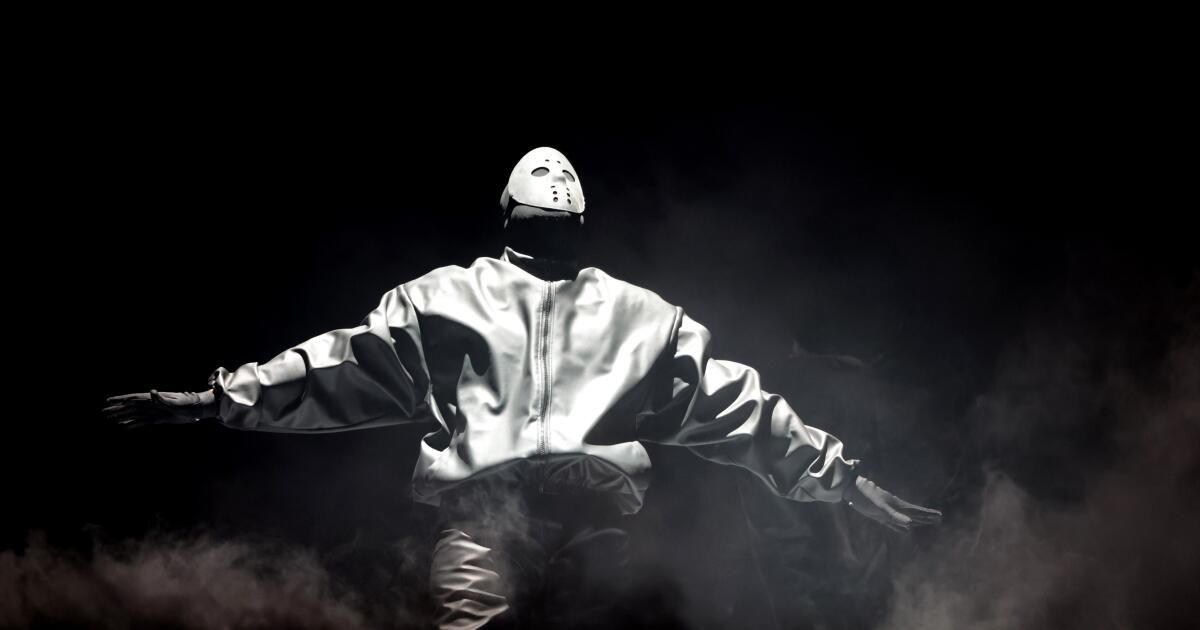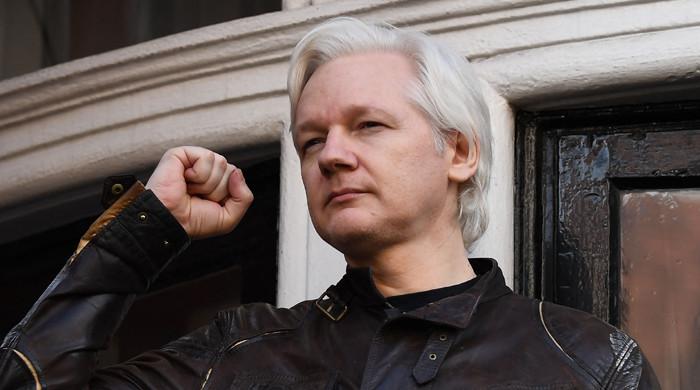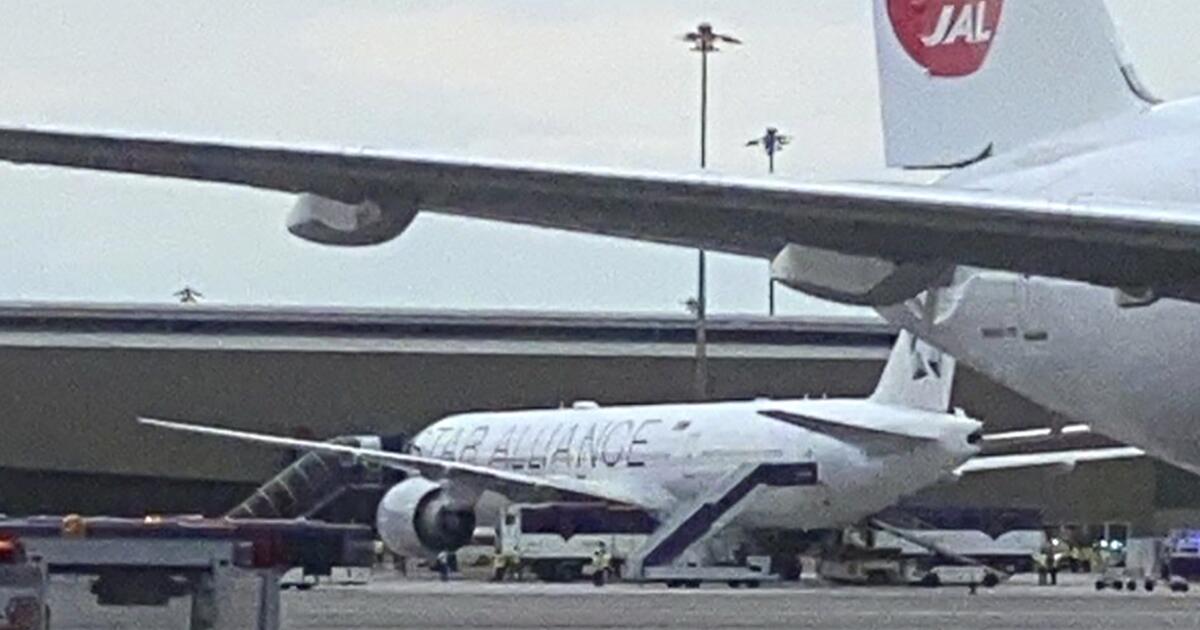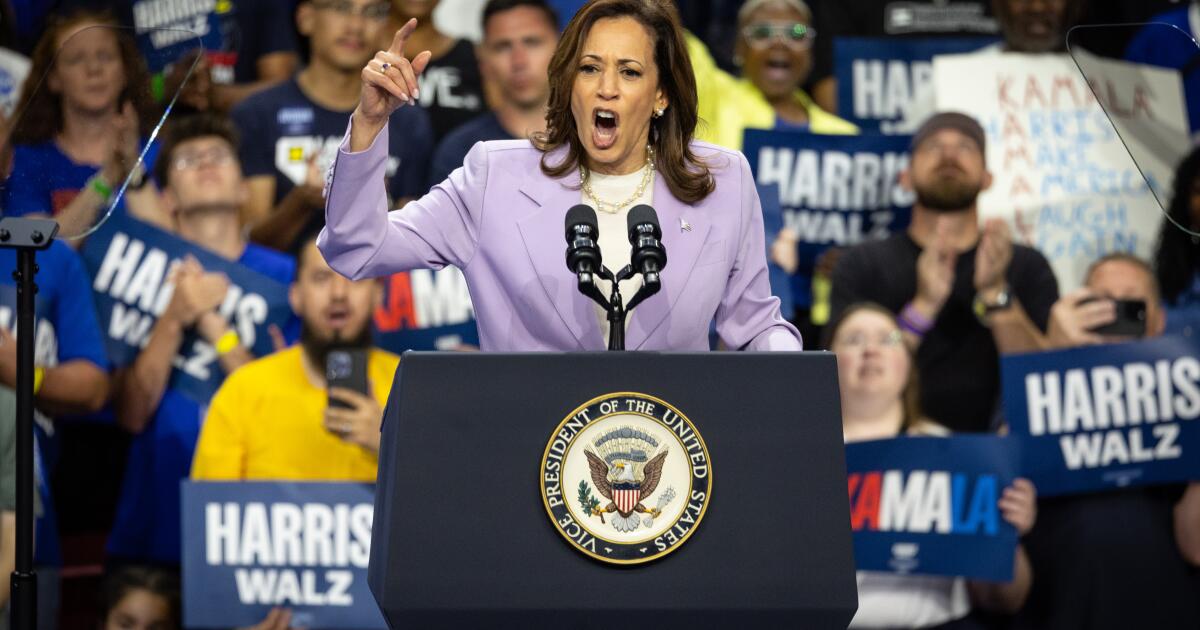A whirlwind tour of China by Ye — formerly known as Kanye West — has brought a much-needed economic boost, both to a country struggling to boost consumer spending and to a musician whose controversies have hurt his business at home.
The Grammy-winning musician's Sunday show in Haikou, the capital of China's southern island province of Hainan, was initially met with surprise, given China's history of strict controls on foreign performers.
But the 42,000 available tickets sold out within minutes. Days later, the local tourism office announced a second performance. Ye posted information about the upcoming “listening party” on Instagram, scheduled for Sept. 28.
“This is not an ordinary extra show, but the blossoming of the magic of music once again and the continuous celebration of fans,” the Haikou tourism bureau said in its statement.
The fervor over the American rapper’s return to China after 16 years highlights the power of the “gig economy,” in which governments have courted superstar performances to attract fans and boost tourism. Earlier this year, Taylor Swift agreed to limit her Southeast Asia tour exclusively to Singapore, much to the chagrin of its neighboring countries.
Haikou’s government said Ye’s “Vulture Listening Experience” generated a new record of $52.8 million in tourism revenue for the city, with 96.5 percent of ticket sales coming from attendees from outside Hainan Island. The event offered deals for visiting fans on food, accommodation and sightseeing, boosting activity during China’s Mid-Autumn Festival holiday.
China's sluggish economy is in urgent need of stimulus, particularly from consumers who have drastically cut spending in the face of financial uncertainty. The property crisis has hit home prices, while youth unemployment has risen. According to investment bank Nomura, consumer confidence is near a record low.
Cities across China have been trying to boost domestic tourism and local consumption. For many concert-goers, Ye's arrival was incentive enough to indulge in the trip south.
According to Junjie Wang, a business journalist who writes a newsletter on China’s retail sector, users of the Chinese social media platform Xiaohongshu, which translates as Little Red Book, reported spending more than $1,400 on trips to see Ye. Hotel occupancy and sales at duty-free shops in Haikou also surged during the holiday.
The warm reception in China is also a boon for Ye, who has seen ticket sales slow and brands cut ties following a series of racist and anti-Semitic remarks in recent years.
In China, such concerns about offensive comments have been ignored. Instead, state media have touted Ye’s distant connection to China: the artist spent a year in China as a child, while his mother, an English professor, taught at Nanjing University.
According to Billboard estimates, the first concert in Haikou grossed more than $7 million in ticket sales, compared with five concerts held in the United States in February, which grossed more than $12 million. Additional “listening sessions” with Ye and rapper Ty Dolla Sign in the United States were cancelled in April, although organizers did not give a reason.
“Kanye can help boost the economy in a difficult time and show that China is open to the world. His childhood ties to Nanjing serve the purposes of domestic and foreign propaganda,” Yaling Jiang wrote in a newsletter about Chinese consumers called Following the Yuan. “State influence trumps all market factors, and Western values, even ‘universal’ values, do not all apply in China.”
The Times special correspondent in Taipei Xin-yun Wu contributed to this report.












